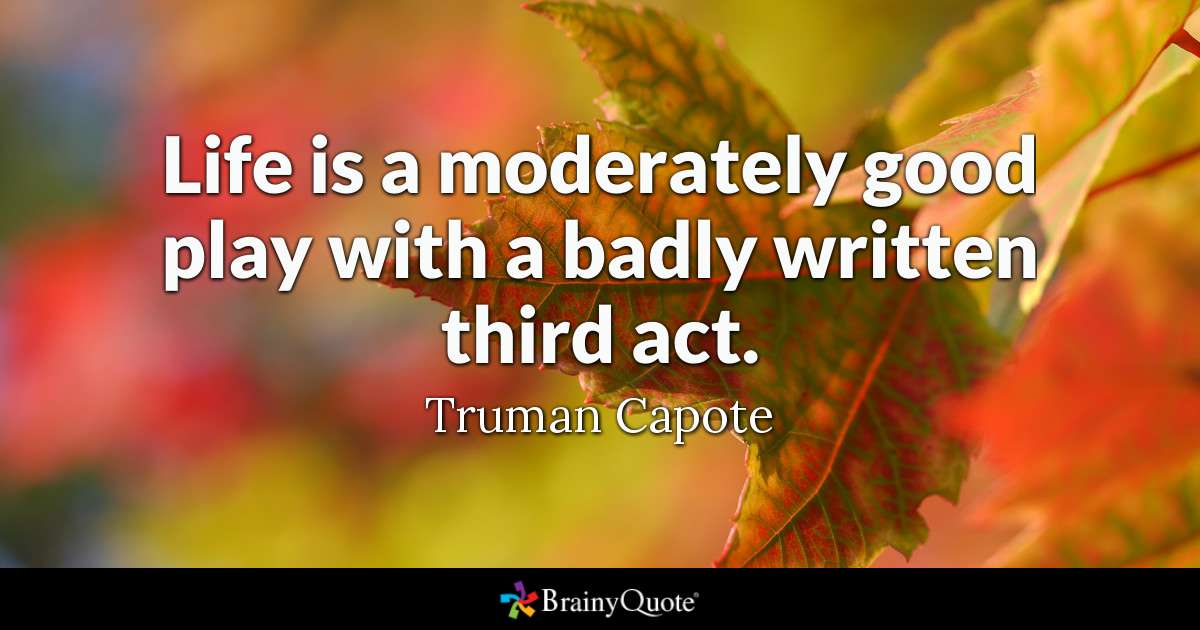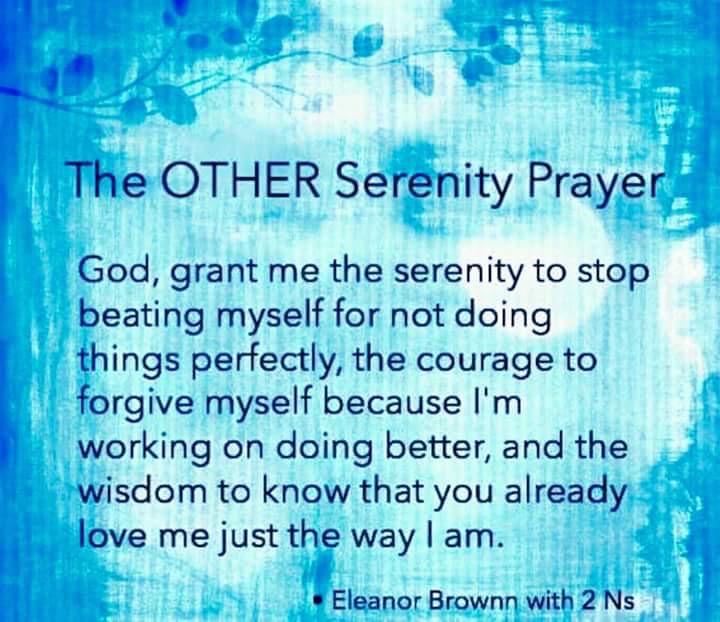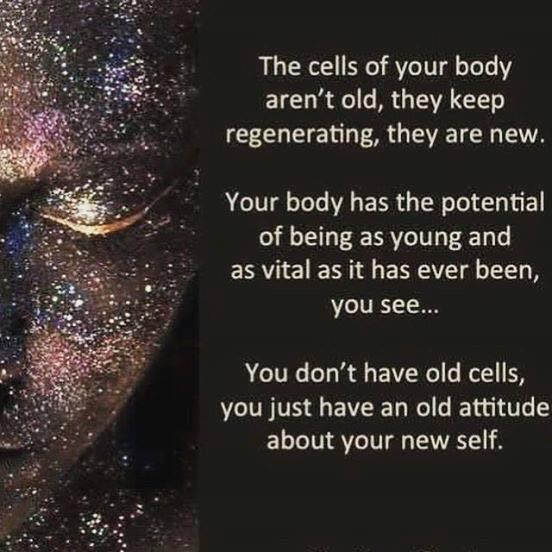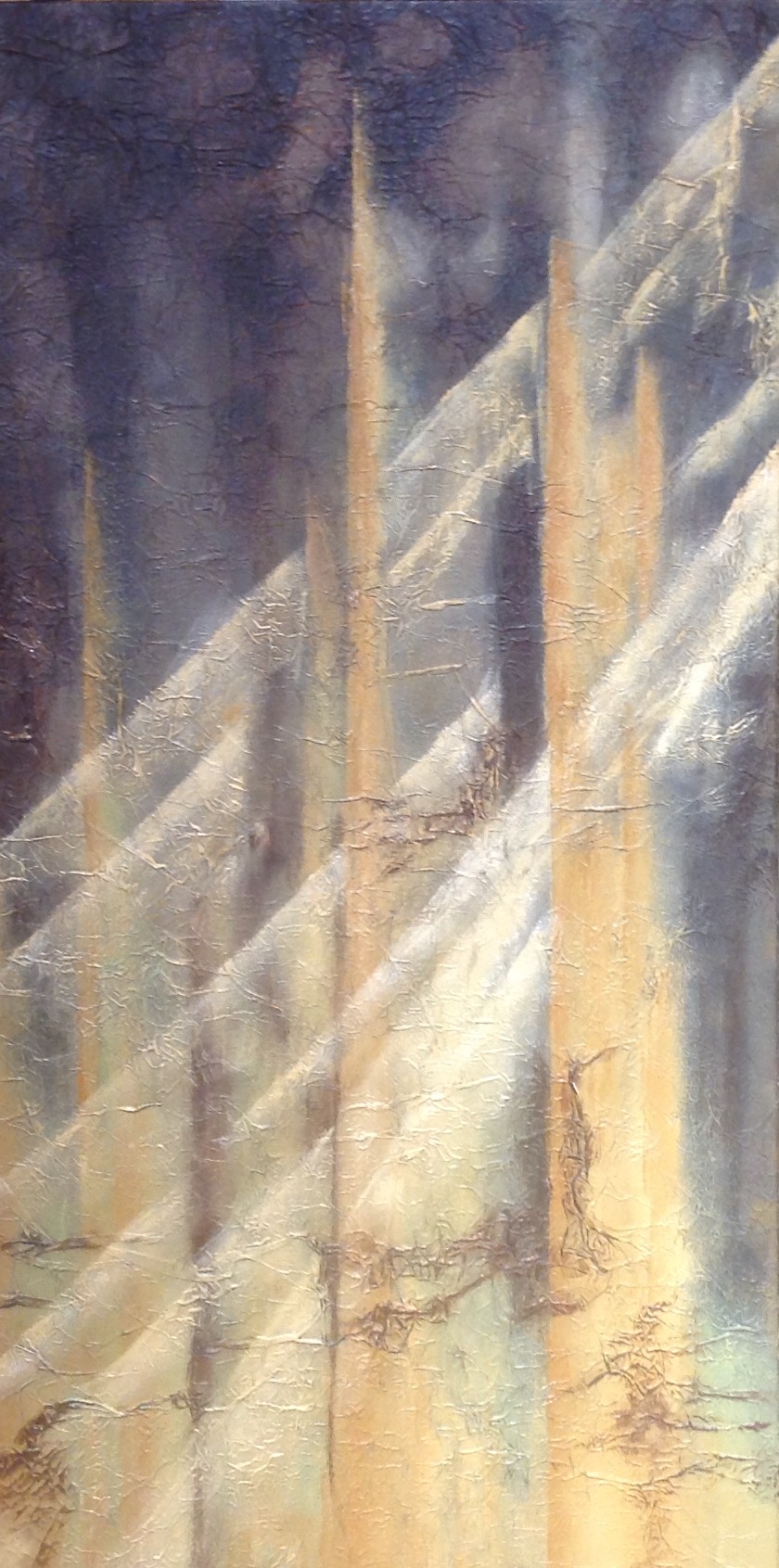
Today is September 21st, the first day of autumn, a time of year when the leaves turn to gold, scarlet and umber, when the geese fly in V-formation to their destinations in the south, when summer officially ends. Change. And with that change, and the endings that the final days of summer brings, comes the opportunity for many new beginnings.
Space is created in your life for other activities, interests and pursuits. Having divested yourself of activities and responsibilities that no longer serve you or hold your interest, you can begin exploring what it is you truly want to invest your time in. It is a time to cultivate your curiosity as to what the new possibilities might be for your Third Act; to develop your sense of what the possibilities are for you.
Getting Started
What do you want?
As a coach, I have come to understand that this is the question most people cannot answer. So let me propose a strategy for you in approaching this question.
When asked, ‘do you know what you don’t want?’, most people are clear that they do. This is a time in your life to re-focus, to ‘flip’ your ‘do not wants’ into ‘do wants’. Why is this important? Simply said, clarity. Any new journey is much more effective if you know what it is you want to experience. By the way, this does not mean you need to have goals per se, it simply means you will benefit from being intentional. Here is how it works:
- Name what you ‘do not want’
I do not want to be bored. I do not want to be a couch potato. - Flip-It
I want to be fully engaged. I want to feel like I am contributing/making a difference. - Create an intention – bring what you want in to an active state.
I am fully engaged in my life and living my Third Act.
I am curious and open to new ideas and opportunities.
I am attracting opportunities that align with my values and what is important to me.
Intentions provide you with a framework for your Third Act.
You will notice that they differ from goals as they have no specific or concrete outcomes attached to them. They are designed to be expansive, to clarify what you want and to allow for options to show themselves to you.
I always liken intentions to placing an order in a restaurant. In this case you are placing an order for your life and putting it out there. I do suggest writing them down and sharing them with others. Every step you take to shine a light on your intentions, magnifies the energy behind them and by the way, once stated and shared, be prepared to be surprised.
Vision Boards
Once you have your few intentions in the hopper, and I recommend creating a vision board. Not only is this fun and creative, it brings further clarity and energizes your intentions.
To get started you simply need the following:
- a few good magazines, especially ones you enjoy reading.
- scissors, glue stick and a large piece of bristle board
With one of your intentions in mind, such as I am fully engaged in my Third Act, begin flipping through your magazines. Any time you see a quote or an image which speaks to you or attracts you, tear it out. Continue for 15-20 minutes. Follow your intuition and do not question why this or that.
Next trim the images and quotes and begin pasting them to the bristle board in whatever fashion you prefer. There is no need to group them although you can, simply cover the space with the images and quotes that inspired you. Once completed, step back and consider what you have chosen for your board.
I highly recommend doing this activity with someone else or a group and then sharing your vision boards. Ask others what they see. Encourage them to ask you questions about your choices. Listen for additional insights that you might gain through this discussion. Then place your Vision board in a place where you can see it for the upcoming days and weeks.
Watch for the SIGNS
Breakthrough happens when you realize that your intentions really are shaping your life. This cannot happen though if you are not paying attention. Sage advice is that once your set an INTENTION, pay ATTENTION.
This implies watching for the SIGNS – a hint, a suggestion, a shift, an answer that responds to the intention you set. These may be subtle and they may be like a hammer on your great toe. Whatever it is, it requires a more mindful approach to your life and recognizing that the energy you have unleashed through the power of your intentions is actually beginning to shift your life in a new direction.
Breakthrough
In this fourth phase of transitioning to the Third Act, you are invited to explore, to stretch, to question, to reflect, and as previously stated, to be curious. I encourage you to trust the process, to relax and be in it. Set your intentions, pay attention and when the SIGNS appear, be open to the realm of possibility.
We have agency. We are the subjects of our own lives. But very often, many, if not most of us, when we hit puberty, we start worrying about fitting in and being popular. And we become the subjects and objects of other people’s lives.
But now, in our third acts, it may be possible for us to circle back to where we started, and know it for the first time. And if we can do that, it will not just be for ourselves. …
If we can go back and redefine ourselves and become whole, this will create a cultural shift in the world, and it will give an example to younger generations so that they can reconceive their own lifespan.
Jane Fonda
Until next time….
Betty







